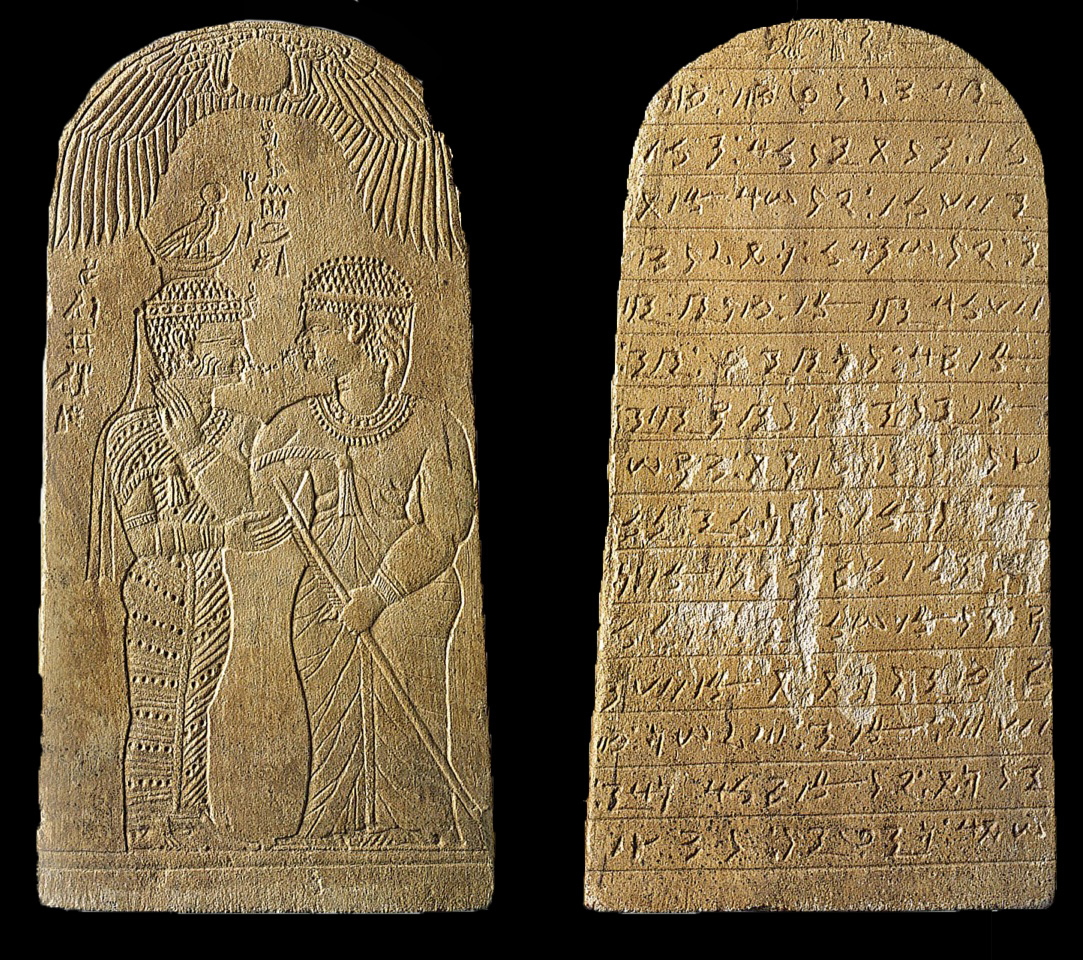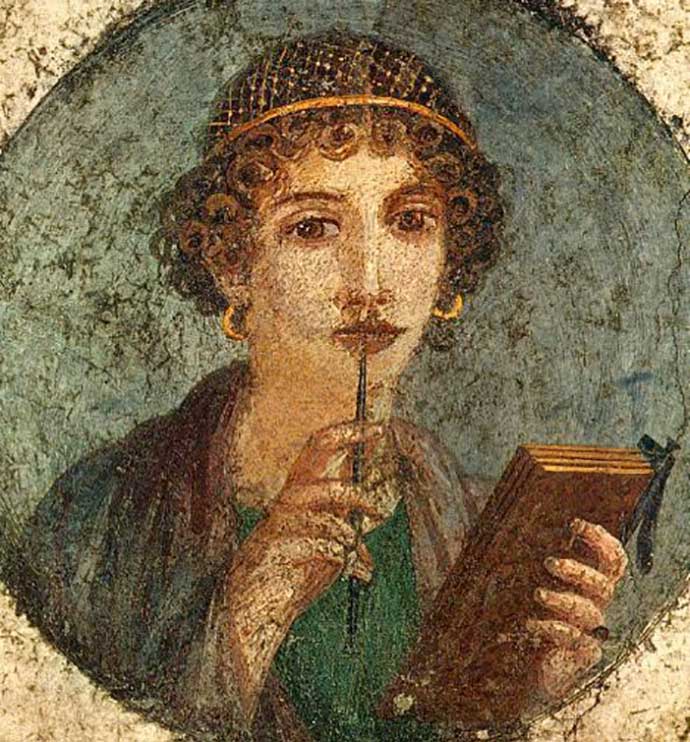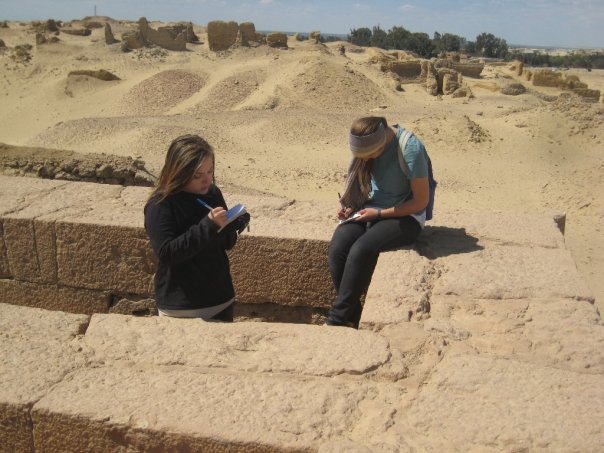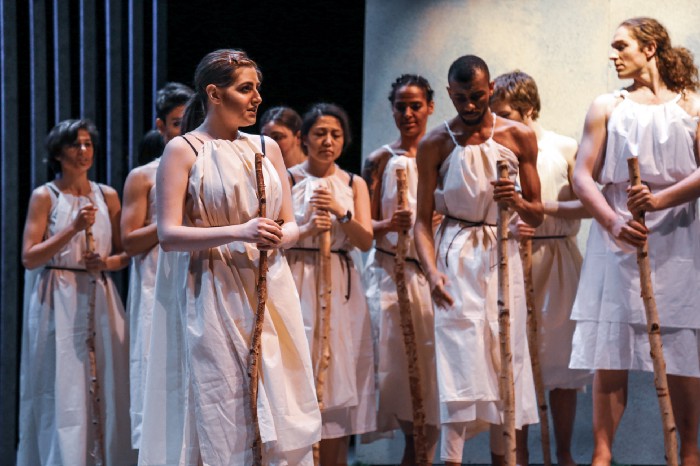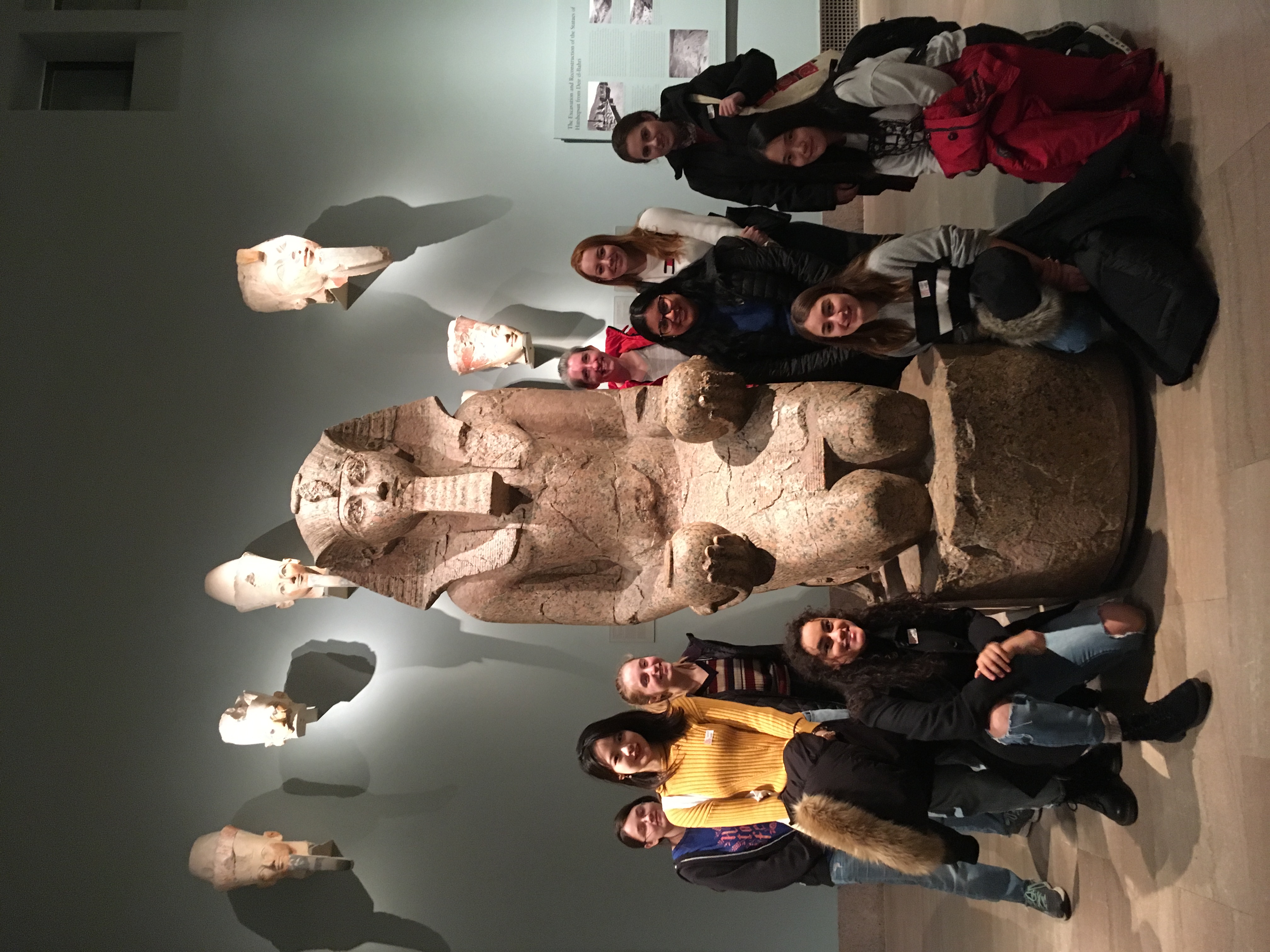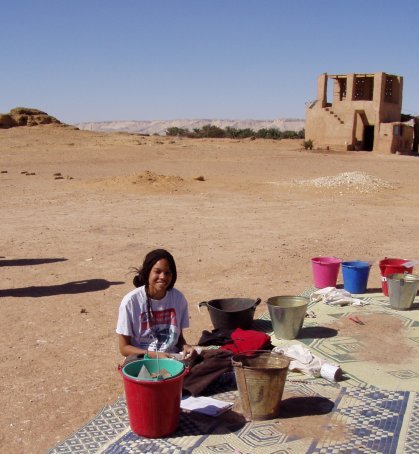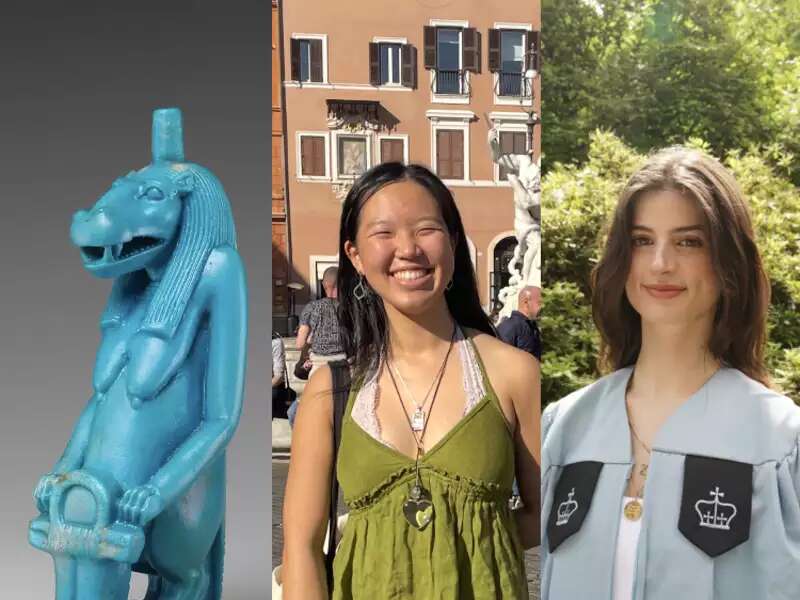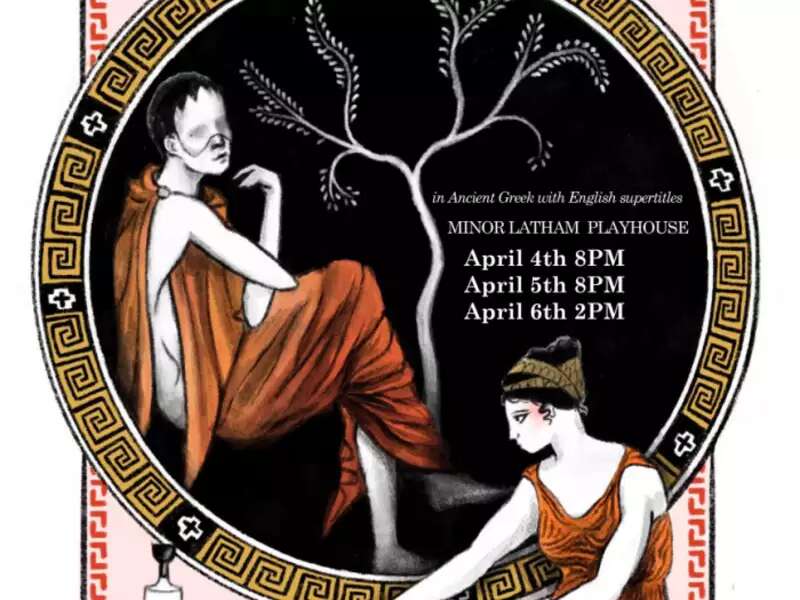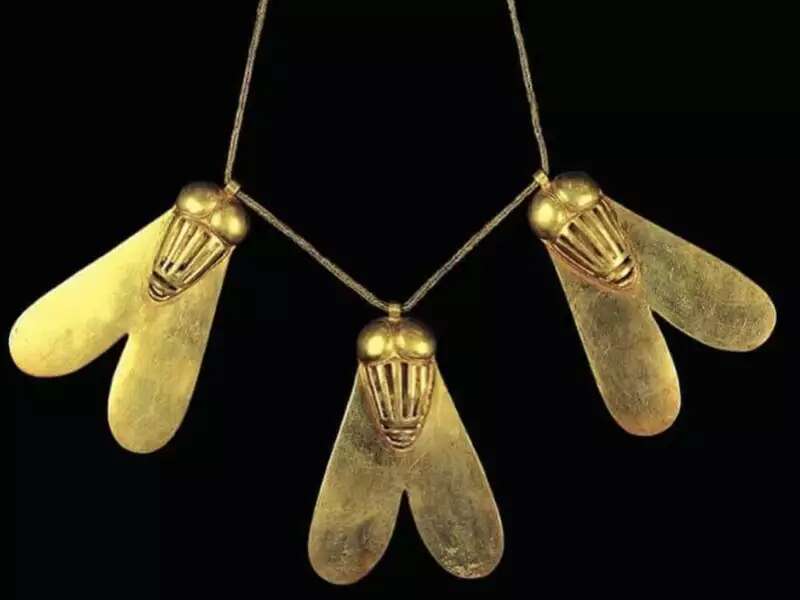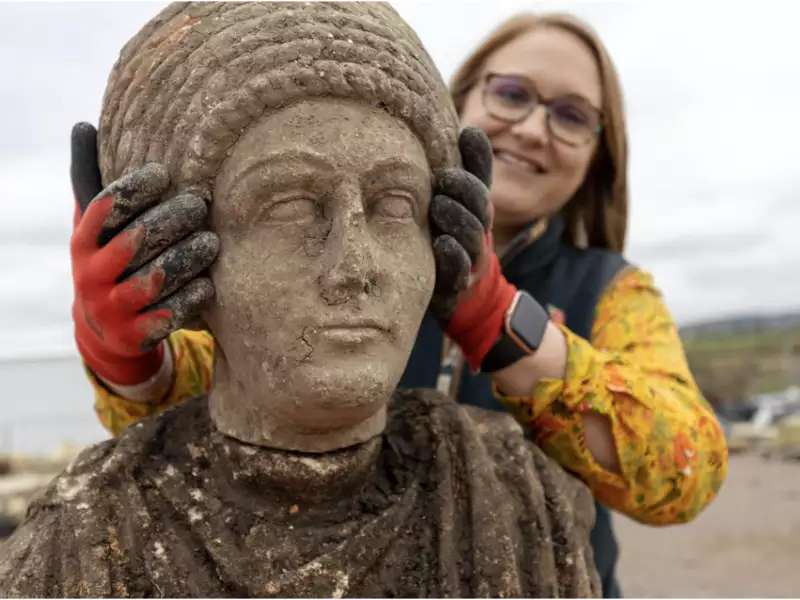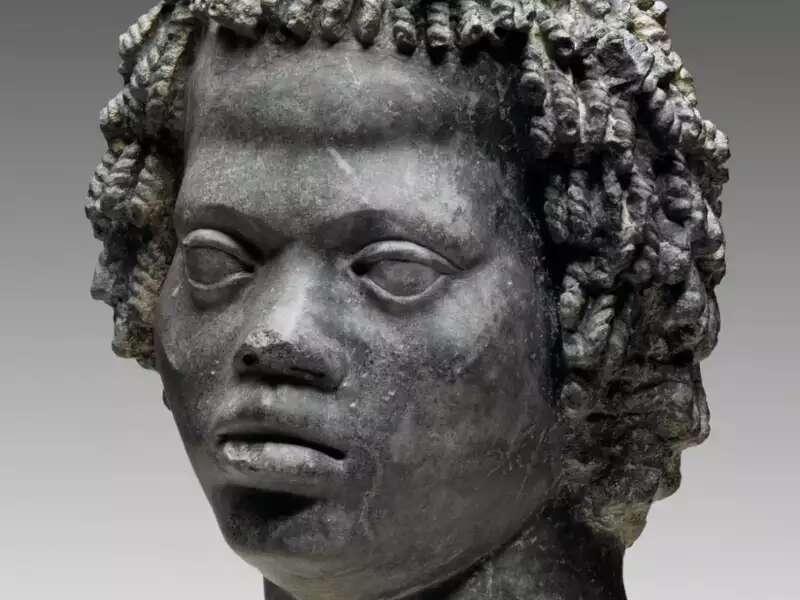In the department of Classics and Ancient Studies, our course offerings focus on the cultures of ancient Egypt, Nubia, the Levant, Greece, and Rome. In our lectures and seminars, we take an interdisciplinary approach, privileging the study of language, literature, archaeology, religion, philosophy, and cultural reception. We are particularly invested in exploring ethnicity, gender, class, and differential power dynamics as they existed in the past. Understanding how Greco-Roman and Egyptian antiquity has been used and abused in later eras – including our own – is also of vital concern. Indeed, given that “the Classics” have served as the basis of a particularly privileged brand of Western education until the present day, the study of ancient ideas and of modern intellectual history concerning these ideas aids analytical thinking about the present. Moreover, through learning ancient languages, students are able to directly access the written ideas of a wide variety of philosophers, poets, political theorists, playwrights, and graffiti-scribbling wall defacers, at the same time as they gain a greater comfort with the grammar, syntax, and etymology of English and other modern languages. Close cooperation between Barnard and Columbia ensures that – no matter where in the ancient Mediterranean world a student’s intellectual interests reside – she should emerge from the program having been encouraged to explore them in depth and well prepared to pursue graduate studies or a wide variety of other professional opportunities.
To see courses related to the ancient Mediterranean world and introductory language classes offered in a variety of departments for Fall 2025, explore the "Major in Ancient Studies" tab under Majors and Minors.
